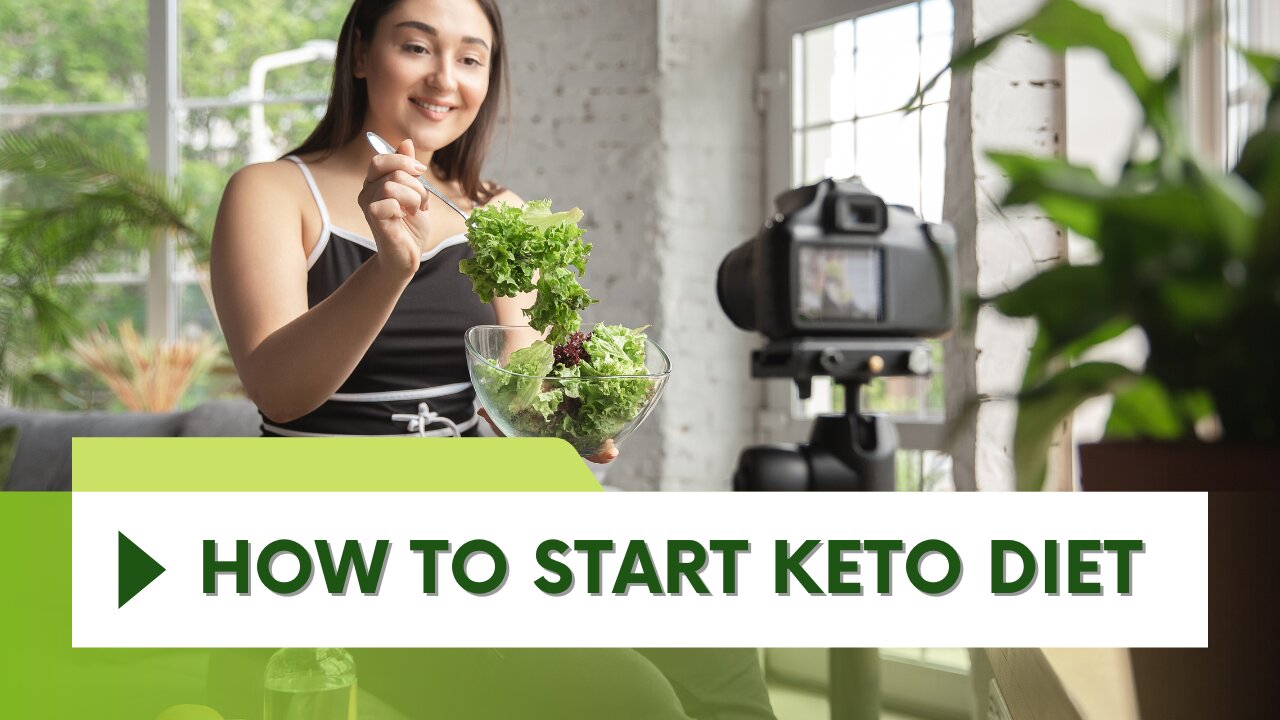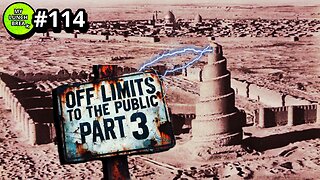Premium Only Content

How to Start Keto Diet
Starting a keto diet involves a significant shift in your dietary habits, focusing on a low-carbohydrate, high-fat, and moderate-protein intake. Here's a general guide to help you begin a keto diet:
Educate Yourself:
Before starting a keto diet, it's crucial to understand the principles behind it. Familiarize yourself with the macronutrient composition: low carbs, moderate protein, and high fats.
Consult a Healthcare Professional:
If you have any existing health conditions or concerns, consult with a healthcare professional before making significant dietary changes.
Plan Your Meals:
Create a meal plan that emphasizes low-carb, high-fat foods. Include a variety of meats, fish, eggs, dairy, healthy fats, and non-starchy vegetables.
Clean Out Your Pantry:
Remove high-carb foods from your pantry and replace them with keto-friendly options. This helps eliminate temptations and ensures you have the right ingredients on hand.
Stock Up on Keto Essentials:
Purchase keto-friendly foods such as avocados, nuts, seeds, olive oil, coconut oil, low-carb vegetables, and high-quality meats.
Track Your Macronutrients:
Use a food tracking app to monitor your daily intake of carbohydrates, proteins, and fats. This helps ensure you stay within your desired keto ratios.
Stay Hydrated:
Drinking enough water is crucial, especially during the initial phases of the keto diet. It helps with hydration and can alleviate some common side effects like the keto flu.
Understand Net Carbs:
Calculate net carbs by subtracting fiber from total carbs. In a keto diet, the focus is on net carbs, as fiber doesn't significantly impact blood sugar levels.
Incorporate Electrolytes:
As you reduce carb intake, your body may excrete more electrolytes. Consider adding more salt to your meals and including magnesium and potassium-rich foods or supplements.
Be Mindful of Protein Intake:
While protein is a crucial part of the diet, excessive protein intake can hinder ketosis. Consume moderate amounts of protein based on your individual needs.
Patience is Key:
Transitioning into ketosis takes time, and you may experience some initial side effects like the keto flu (headaches, fatigue, etc.). These usually subside after a few days.
Regularly Monitor Progress:
Keep track of your weight, energy levels, and other health markers to assess how the keto diet is affecting you. Adjust your plan as needed.
Click here for more info👇
http://tinyurl.com/yv63vmyx
-
 LIVE
LIVE
Exploring With Nug
2 hours agoWe Found Semi Truck Containers While Searching for Missing Man!
724 watching -
 27:57
27:57
MYLUNCHBREAK CHANNEL PAGE
10 hours agoOff Limits to the Public - Pt 3
21.1K21 -
 38:07
38:07
Michael Franzese
3 hours agoLeaving Organized Crime and Uncovering Mob in Politics: Tudor Dixon and Michael Franzese
18.7K5 -
 DVR
DVR
Jewels Jones Live ®
1 day agoAMERICA IS BACK | A Political Rendezvous - Ep. 111
18.3K31 -
 LIVE
LIVE
Due Dissidence
1 day agoLIVE: Workers Strike Back Conference ft. Chris Hedges, Jill Stein, Kshama Sawant, and More!
1,511 watching -
 8:36:37
8:36:37
Right Side Broadcasting Network
5 days agoLIVE REPLAY: CPAC 2025 Day Three with President Donald J. Trump - 2/22/25
310K87 -
 1:05:34
1:05:34
The Big Mig™
11 hours agoConfirmed Kash Patel New FBI Director, Bring On The Pain |EP483
46.8K17 -
 53:59
53:59
Tactical Advisor
7 hours agoThe Vault Room Podcast 009 | Everyone Getting $5000?!
44.6K9 -
 2:04:44
2:04:44
TheAlecLaceShow
18 hours agoLive at CPAC | Interviews with Dean Cain, Rep. Comer and more! | The Alec Lace Show
57.2K3 -
 LIVE
LIVE
Major League Fishing
3 days agoLIVE Tackle Warehouse Invitationals, Stop 1, Day 2
292 watching